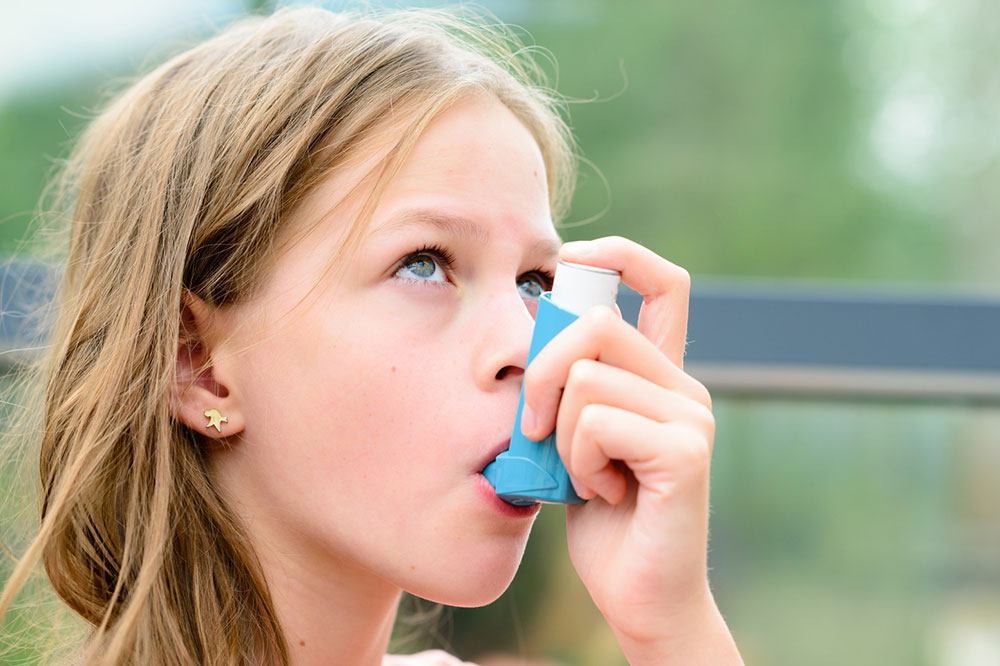
7 Early Warning Signs of Asthma
Asthma is a health condition in which the airways swell and narrow. In some cases, there might be a heightened production of mucus. It will cause difficulty in breathing and might trigger wheezing, coughing, and breathlessness. In some patients, asthma is only a tiny nuisance. However, for many, this can be a huge problem and may intervene in their day-to-day activities. It might even cause a life-threatening attack.
Early warning signs of asthma
There is no cure for asthma. However, the symptoms that one may experience in an asthma attack can be controlled. Since asthma changes with time, it is vital to consult the doctor and keep a tab on the symptoms to alter the treatment, as required.
Here are a few early warning signs of asthma:
1. Wheezing
When wheezing, one will notice the production of a whistling sound anytime they exhale. It happens because the carbon dioxide is expelled via the constricted and narrow airways. Even though wheezing is one of the early warning signs of asthma, the presence of wheezing alone is not a clear sign of asthma. One may experience wheezing due to several other health conditions, such as pneumonia or congestive heart failure.
2. Coughing
Coughing persistently is another most common sign of asthma. The cough can either be wet if it has mucus in it or dry. If it is an asthma-induced cough, it will usually worsen after one exercises. A few people do not experience any other symptoms of asthma except coughing. In this, there is a possibility of it being cough-variant asthma.
3. Chest tightness
Since the muscles enveloping one’s air passage constricts, the chest tends to tighten. Chest tightness causes difficulty in breathing and might even trigger anxiety in some people, making breathing even harder.
4. Difficulty breathing
When suffering from asthma, the air passage is constricted and inflamed. Thus, breathing will be difficult. Moreover, in some cases, the mucus might fill the narrow passage of the airway and worsen the constriction.
5. Nasal flaring
It is the stretching or the enlargement of the nostrils while breathing. This is a clear sign of a person experiencing difficulty in breathing and is predominantly seen in infants and young children.
6. Fatigue
In asthma, there is a dearth of oxygen that makes its way to the lungs. It means that the oxygen transported to the muscles and blood is also insufficient, which can lead to fatigue. People who experience aggravation in asthma symptoms at night usually are unable to have a good night’s sleep. This can make them feel tired during the day.
7. Sighing
It is a physiological response, which involves the expansion of the lungs to their optimum capacity. Sighing involves a long exhale and a deep breath. Since asthma is limiting the oxygen flow into the body, one might repeatedly sigh to make up for this loss, as sighing will push more air into the lungs.


